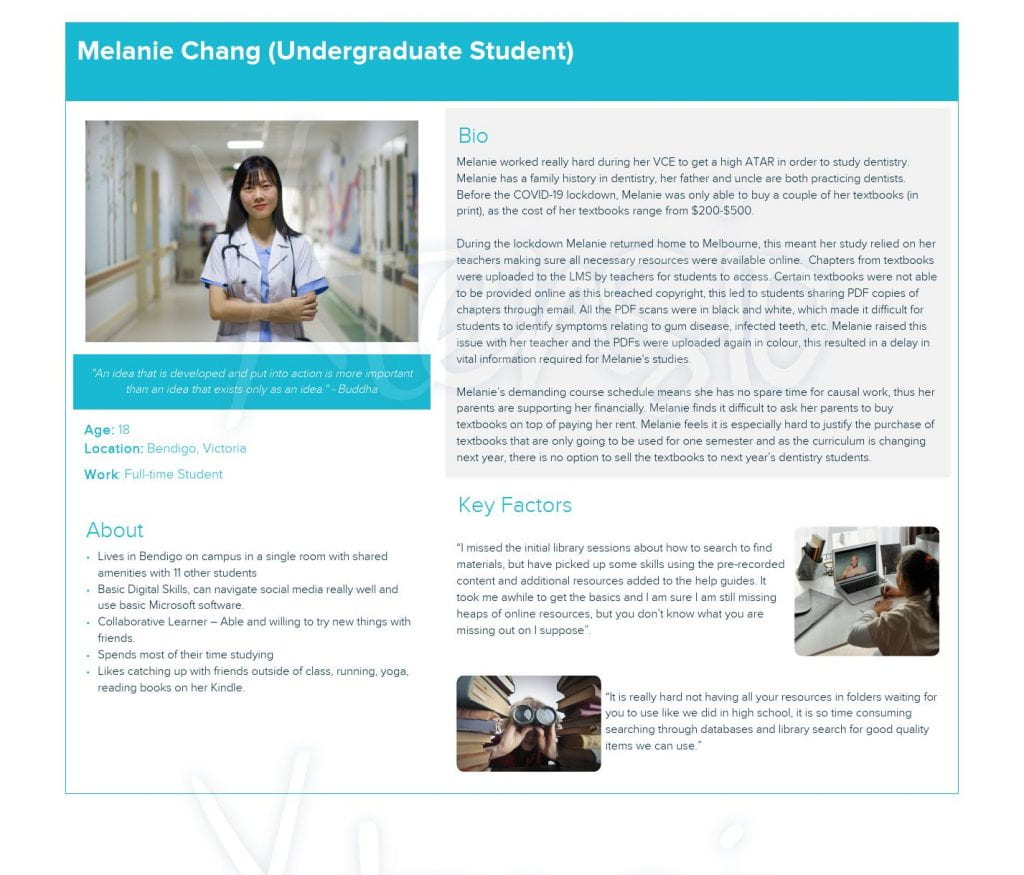by Susan Vickery, Associate University Librarian, Macquarie University
Day 4 of the CAUL Digital Dexterity Virtual Festival explored the concept of Open Education Resources in Higher Education with Sarah Lambert sharing some of the findings from the research related to Australia Open textbooks as Social Justice, a study funded by the National Centre for Student Equity in Higher Education (NCSEHE).
Whilst the affordability benefits and accessibility options are easily identified as incentives for the use of Open Education Resources, Sarah’s presentation explored the opportunity of OER practice to incorporate diverse perspectives and collaboratively create/curate more inclusive range of learning resources. Sarah also reported that the research identified that some Australian academics may be more ready than we realise with frustration over dated content and limited access conditions associated with commercially produced texts. OER offers a solution to deliver current content that can easily be updated to grow with the knowledge of that field.
So how do we translate that understanding back to our own institutions where some of us may already be worried about the feasibility of convincing our administration that whilst using OER makes perfect sense, are they equally supportive of our academics also “giving it away” for free?
The second part of the Day 4 Digital Dexterity program gave us the opportunity to workshop this together. In teams we explored what we could do in reality to help bring our teaching and learning partners along in the understanding of the wider benefits of collaborating in the practice of Open Education. Led enthusiastically by Kristy Newton (Digital Literacies Coordinator, University of Wollongong) the groups employed a design thinking methodology (on speed) to step through the first few phases: Empathise – Define – Ideate – Prototype – Test.

With the help of personas, each team collaborated to brainstorm and identify the needs of academic and students and then define how OERs might meet those needs. At the end of the two hour session we had collectively developed a range of practical ideas and strategies including potential assessment tasks that facilitated students to co-create lists of OERs to complement assigned readings.
The beauty of this exercise was a enthusiastic high-energy demonstration that through collaboration – surely one of the lynch pins of Open Education – the groups were able to collectively understand and unpack the pain points and related clients’ needs, and creatively identify possible solutions that might influence engagement and uptake of OERs.
